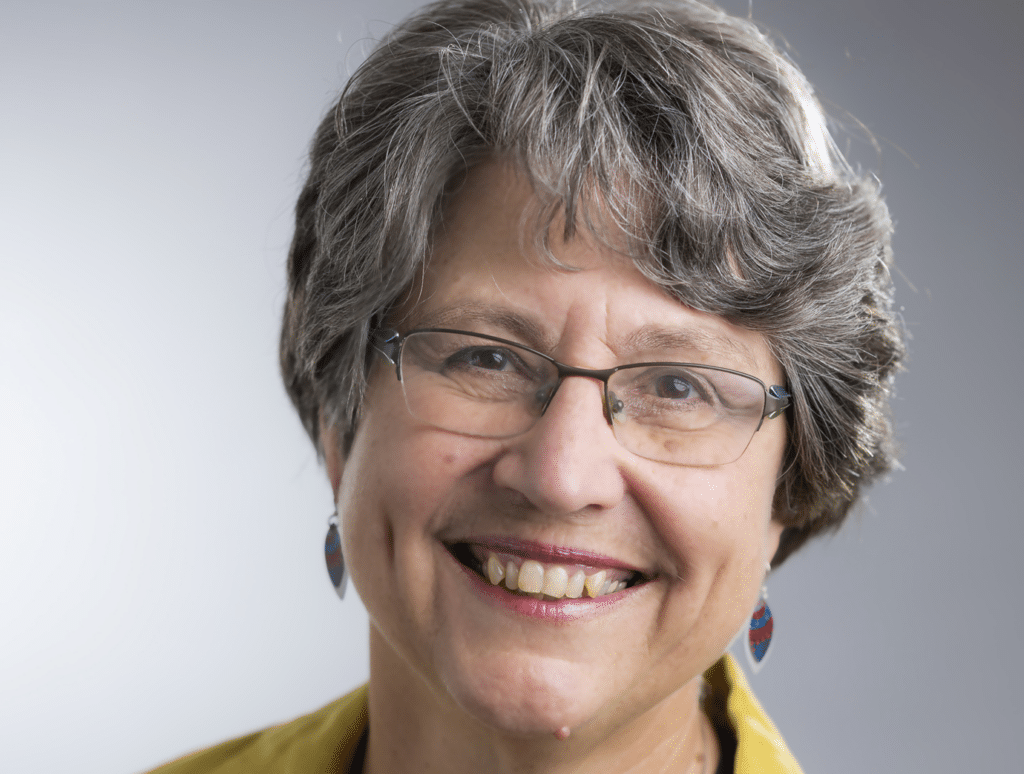It is exactly 4 years since I founded the Women’s Climate Congress to amplify women’s voices and leadership on climate change.
In that time, it has been rewarding to witness the increased recognition for women leading action on climate change in areas where they have previously been marginalised, including politics and international negotiations. Alongside this welcome rise in women’s influence, there has been increased understanding of the disproportionate impact that climate change has on women and girls, and increased emphasis of this as the reason why women should be included in decision making.
While this is good on the one hand, some caution is needed so that the real value of women’s leadership is not overlooked in the emphasis on women as victims.
I take my hat off to the international women’s organisation She Changes Climate for calling out the unequal representation of women at the annual UN Conference of the Parties (COP) events – starting with COP16 in Glasgow and intensifying their campaigns at COP27 and CO28. Their open letters to the COP Presidents, and campaigning across country negotiating teams to encourage 50:50 representation has garnered increasing support and media attention. So much so, that when the President of Azerbaijan recently published a 28-person all-male organising committee for COP29, condemnation from She Changes Climate, in collaboration with other groups, hit the media big time. The Azerbaijan administration has responded quickly with the addition of 12 women. This is still far short of equality and gives the impression of the women being the ‘B-team’ – but let’s hope that it is the start of a proper collaboration.
In 2022-23, I noticed a sharp increase in the rhetoric around the impact of climate change on women and girls. It is now usually the number 1 response in most discussions and articles about why women need to be at the decision-making table. This is a significant change from when I founded the WCC in January 2020. At that time, the impact of climate change on women and girls was less well understood and rarely mentioned in relation to women’s leadership. And yet women’s leadership was still seen as an important key to unlock the political gridlock surrounding action on climate change. At the time, in a discussion paper that prompted the formation of the WCC, I wrote:
“Women’s nurture of life is axiomatic. Their leadership style tends towards compassion, inclusion and collaboration. These combined attributes are essential in times of emergency when life is threatened. They are also essential for effective mediation … Women who have managed to break into the previously male domains have been constrained by organisational cultures that favour a more top-down, hierarchical style of leadership. Women have therefore not yet experienced a level playing field to contribute more relational processes and perspectives. And yet history has shown that when women act together without the influence of existing political cultures they have developed visionary plans like that of the largely forgotten 1915 International Congress of Women in The Hague, which has underpinned much international progress in human rights.”
I am concerned that if we overstress the disproportionate impact of climate change on women as the key reason why women should be included in decision making, we might be inadvertently maintaining an underlying status quo that does not acknowledge the agency of women as women — as the bringers of new life who experience the cycles of life in our bodies – a truth that would be just as valid if women and girls suffered the same impacts of climate change as men and boys.
In the way that Indigenous cultures recognise ‘women’s business’ as different to ‘men’s business’, it is important that women do not accept leadership only on the basis of being victims – or accept solutions that arise from a system built on centuries of patriarchy, however well-meaning these might be.
The international women’s movement has also stressed the role of women as innovators and bringers of solutions for climate change, which is abundantly clear from the increasingly well-networked women’s groups working for change, including the foregrounding of Indigenous voices and women from the Global South, and raising international ambition towards a phase-out of fossil fuels. However, these activities are often seen as arising from the impact that climate change has on women rather than from a feminine outlook more generally.
Indeed, acknowledgement of an underlying quality of ‘womanhood’ is seen as problematic by some feminists (with some justification). But it is a conversation that we need to have if we are going to upend the status quo in a way that truly allows women, in all their diversity, to take a full role in governance in a proper partnership with men.
Feature Image: Janet Salisbury.

